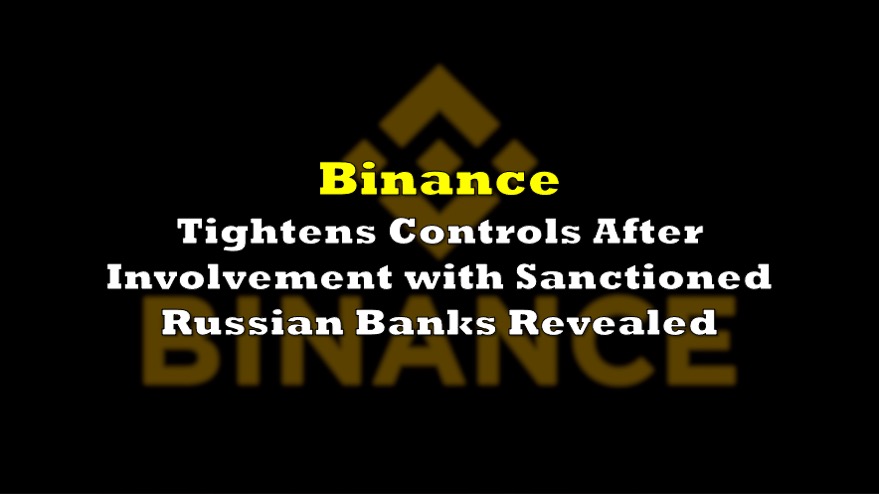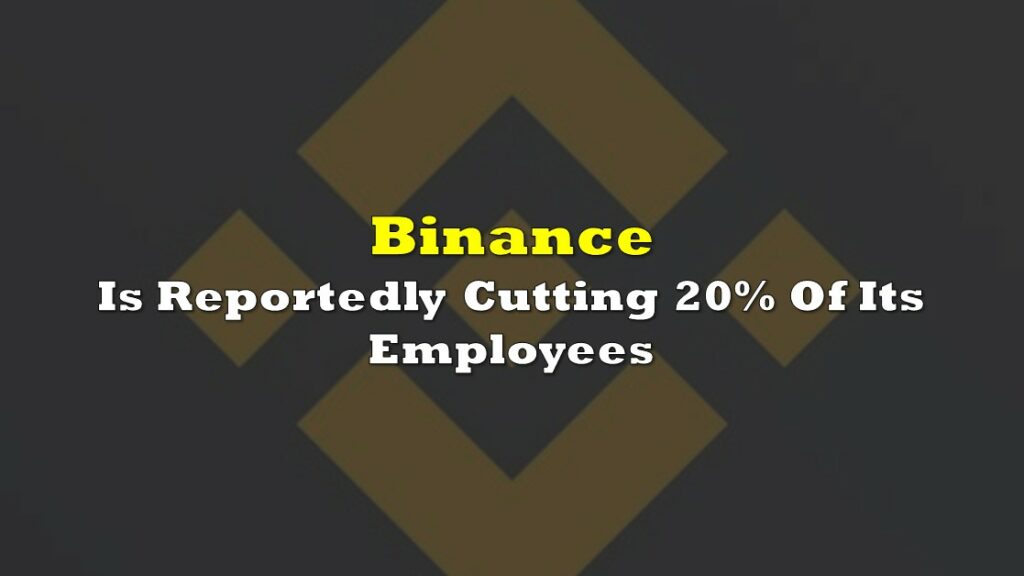Binance has ceased facilitating payments through sanctioned Russian banks after a Wall Street Journal exposé revealed the crypto exchange’s role in assisting Russians in transferring money overseas.
Previously, Binance’s peer-to-peer platform included five blacklisted Russian lenders, offering users the option to transact in rubles; however, these banks have since been removed from the website. When queried about this action, a Binance representative stated that they routinely modify their systems to align with both local and international regulatory guidelines. “Payment methods that are not compliant with our policies are excluded from our platform,” they said, as cited by the Wall Street Journal.
The WSJ’s investigation had spotlighted the involvement of two major sanctioned banks, Rosbank and Tinkoff Bank, in the trading of digital tokens for rubles on Binance’s platform. Furthermore, the article explained that users could efficiently convert their funds held in these banks into Binance balances via a series of intermediaries, as corroborated by company webpages, user captures, and official chat group discussions.
In contrast to its previous statement last year about ceasing its operations in Russia and conforming to Western sanctions, the WSJ noted that Binance’s exchange still recorded significant ruble trading volumes. This discrepancy may deepen Binance’s legal predicaments in the US, where the Justice Department is examining potential violations of American sanctions on Russia.
Binance underscores its commitment to adhering to global sanctions mandates, ensuring that blacklisted entities are barred from accessing its platform. However, on a recent note, multiple traders in Binance’s official Russian Telegram group disclosed that they could still employ the blacklisted banks. They did this by choosing alternative payment methods and subsequently entering their Rosbank or Tinkoff bank details. Binance responded to this by acknowledging attempts to bypass their measures and assured that they are intensifying efforts to fortify their controls.
For clarity, Binance’s peer-to-peer service operates by sellers providing their banking details to buyers, enabling direct money transfers. While Binance retains the sellers’ cryptocurrency in escrow, it charges a fee to oversee the transaction, releasing the crypto only when sellers confirm the money’s receipt.
Information for this briefing was found via the WSJ and the sources mentioned. The author has no securities or affiliations related to this organization. Not a recommendation to buy or sell. Always do additional research and consult a professional before purchasing a security. The author holds no licenses.









